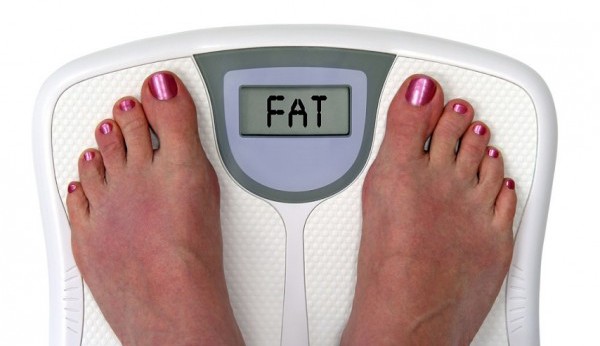
Harassing or making fun of obese people, a practice known as “fat shaming,” does not encourage them to lose weight and can actually result in weight gain, a new study finds.
In the study, nearly 3,000 adults were asked whether they had faced discrimination because of their weight, including whether they had been harassed, treated with less respect, received poor service at restaurants and stores, or been treated as if they were not smart.
About 5 percent said they had experienced such fat shaming. Over a four-year period, those who reported weight discrimination gained about 2 pounds (0.95 kilograms) on average, while those who did not report weight discrimination lost about 1.5 pounds (0.71 kg).
“Our study clearly shows that weight discrimination is part of the obesity problem and not the solution,” Jane Wardle, director of the Cancer Research UK Behaviour Centre at University College London, said in a statement. “Many obese patients report being treated disrespectfully by doctors because of their weight. Everyone, including doctors, should stop blaming and shaming people for their weight and offer support, and where appropriate, treatment.”
Weight discrimination has been linked to behaviors that can lead to weight gain, such as comfort eating (or eating energy-dense foods), said study researcher Sarah Jackson, also of University College London. Fat shaming may also make people feel less confident about engaging in physical activity, “so they tend to avoid it,” Jackson added.
The study only found an association, and so cannot prove a causal relationship between weight discrimination and weight gain. But the findings align with previous research. A study published last year found that people who are not obese who experience weight discrimination are 2.5 times more likely to become obese a few years later than those who do not experience weight discrimination.
The study, titled “Perceived weight discrimination and changes in weight, waist circumference, and weight status,” was published Sept. 10 in the journal Obesity.
